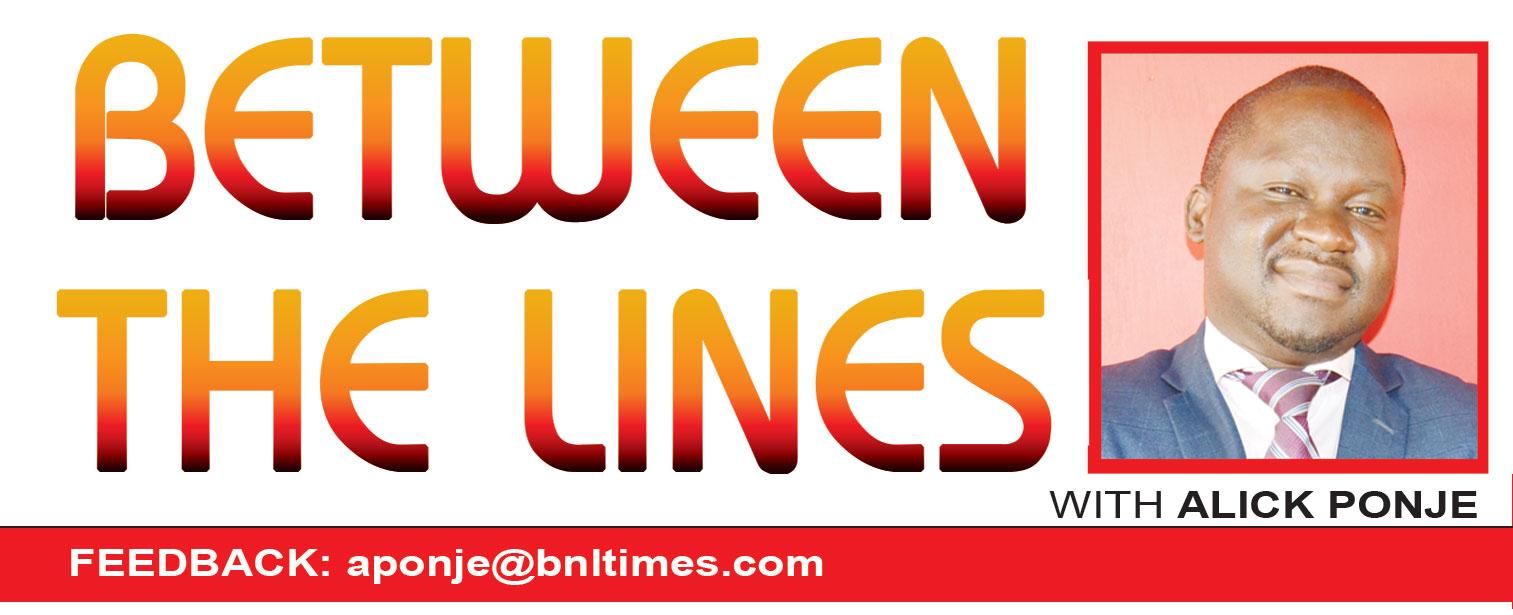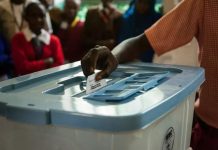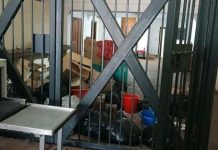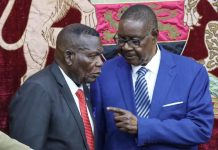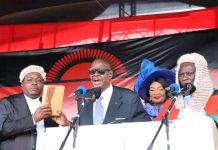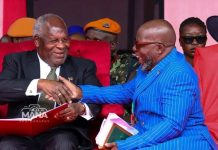Africa-Press – Malawi. President Lazarus Chakwera has been conspicuous by his absence in crucial matters that needed leadership at the topmost level. Throughout the year, Chakwera has opted to go mute when the nation needed his intervention most, only coming out with some academic public scripts after the heat got unbearable, significantly reneging on his sacred obligation to lead Malawi with dedication and empathy.
On one occasion, the President literally left the country when fuel shortage had reached disastrous levels and flew to Sharm El-Sheikh to attend a climate change conference where it was unlikely anything earth-shaking would come from.
Chakwera made that trip at a time the country was also grappling with appalling foreign exchange shortages, apparently because the so much sought-after dollars would rain from the conference.
Like has been the case with several other forex-draining trips he has undertaken before, some of which would better be pursued by a Cabinet minister, we are still waiting for the promised energy and agriculture projects whose deals were apparently clinched in that Egyptian resort town forked between the desert of the Sinai Peninsula and the Red Sea.
The year 2022, which expires tonight, has been a sede vacante—a time of the empty throne. For those not in the know, the Latin term describes the state of a diocese while it is without a bishop.
In the canon law of the Catholic Church, sede vacante is used to refer to the vacancy of the bishop’s or the Pope’s authority upon his death or resignation.
During the period, the Apostolic See—the jurisdiction of the Pope in his role as the bishop of Rome, with clerical jurisdiction over the whole church—is administered by a regency of the College of Cardinals.
The cardinals’ authority will still be very limited, augmenting the fact that the throne must be ‘quickly’ filled for the return of full power. President Chakwera’s throne has been empty.
He has not sufficiently exercised his authority, at least publicly, and sometimes seemed to have no clue about what was going on in the country. On his watch, a damaged hydropower plant down the Shire River in Chikwawa has remained out of work for a year now without any decisive directive or direction from the Head of State.
Now, we are talking about a country that overall generates less than 400 megawatts fiddling with 130 megawatts taken off the national grid. Even when members of Parliament made suggestions about where resources for the rehabilitation works might be temporarily drawn, Chakwera went mute and only began to talk about the crisis months later.
His declaration of a state of disaster in the wake of the devastation triggered by tropical storms Ana and Gombe and the follow-on floods did nothing to immediately start the process of rehabilitating the damaged section of the power station.
So here we are, a year later, waiting for electricity from the power station with the largest capacity to return to the grid. Authority from that presidential throne would have sent all officers below scampering for solutions, knowing that their failure would not be good at all for their positions.
Leadership from the highest level has also been evidently absent in the Affordable Inputs Programme (AIP) chaotic implementation which is threatening next year’s harvest.
After Chakwera’s March ultimatum—which he issued with so much vigour and vitality, giving hope that perhaps this time’s AIP would be the best ever—his officers went about to pay a butcher for fertiliser which was never there.
Now, there is the transport crisis rocking the K109 billion programme, with thousands of farmers still not having accessed the subsidised fertiliser weeks into the rainy season.
The firing of Agriculture Minister Lobin Lowe and his deputy Madalitso Kambauwa was just a face-saver, for we all know the President was supposed to be following AIP from the very first day he issued that ultimatum, unless he admits he is not really interested in the programme.
Like after a Pope’s death or resignation, when the in-charge cardinals can only go to a certain extent in exercising powers of the papal office, ministers in Chakwera’s Cabinet and other officers below have their authority limited too.
But, for their own benefits, they can manipulate a president, or keep him in the dark if they know their incompetence—from which they benefit—will not be noticed by him because the throne is empty, symbolically.
That is how they even managed to sneak their way into State House with a suspicious organisation that promised to fund development projects to the tune of K7 trillion, having time at the high table with the President.
Listening through Capital Hill’s grapevines, one clearly gets an impression that no background check was done on the organisation. I asked a senior officer in the Ministry of Finance if that was indeed the money coming into Malawi for the so-called mega projects and he said: “I need to verify it; I will come back to you.”
In his position, he is supposed to know everything regarding grants, donations, loans and everything about the money that goes to Treasury. So, the President might have been fooled by some of his officers who convinced him that a Belgium-registered foundation was going to fund projects worth three times our national budget.
That only happens if a leader is not in charge—if his throne is just an emblematic office with no crucial authority flowing down from it. The longest Catholic Church’s sede vacante in the last 250 years was the roughly six months from the death of Pius VI in 1799 and the election of Pius VII in 1800. There could be a longer spell of an empty throne in Malawi well into 2023, but I pray Chakwera’s absence and indecisiveness ends tonight.
For More News And Analysis About Malawi Follow Africa-Press

